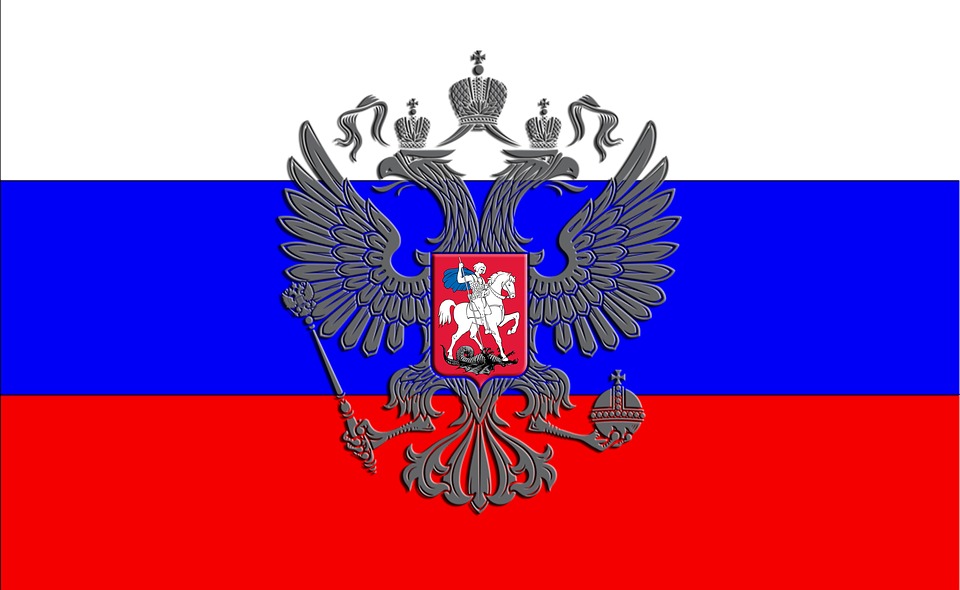7 September 2023
Friends in high places
By Paul Branch

Old mates of Vlad Putin must be getting increasingly worried. A quick check of past behaviour towards the great man would be in order, not to say a run through of any recent conversations and whether anything untoward might have been said. Did I give the slightest offence, even if completely unintentional? Would it be an idea to take a break somewhere distant from Moscow, without visiting any high buildings on the way, especially those with inadvertently open windows? Perhaps leaving a forwarding address wouldn’t be appropriate …. and certainly avoiding air travel at all costs would be a pretty high priority right now. There’s still one big problem though: he seems to have a long reach as well as a long, grudging memory.
One can understand previously stalwart domestic chums of Putin having such concerns, but what of his other associates outside Russia, maybe even those in high places who are starting to get closer, diplomatically and commercially as well as personally? The burgeoning BRICS international grouping is one place where Putin’s friendship and influence are gaining momentum. Having Brazil, India, China and South Africa as your Facebook friends must be quite gratifying, but another twenty or so wanting to sign up for membership is a whole new dimension. And maybe it’s one more wake-up call to aligned western powers that the world order of yesteryear is not guaranteed to last forever.
Many of the aspiring new club members are from Africa, looking for opportunities in trade and development. Others such as Iran, Cuba, Venezuela and of course North Korea (Kim Jong Un is on his way to Vladivostok by train as we speak) offer a different relationship dynamic where the common factor is an aversion to the western take on values and politics, and specifically to America’s way of doing things. This little quartet probably wouldn’t play a big role within the group … what they really want is the opportunity to be a thorn in the side of their principal opponent. But for the others, it’s an opportunity to change international relationships for the long term.
Moscow and Beijing certainly seem keen to put an end to world domination by Washington. Russia’s annexation of Crimea in 2014 was the start of a challenge to the old world order. A somewhat limp response from the US and its western allies, and the United Nations, was enough encouragement to provoke last year’s full-scale invasion of Ukraine. In parallel there’s been increasingly aggressive chest-thumping and missile-rattling around Taiwan. And much of the rest of the world looks on, not openly condemning the warlike overtones emanating from Russia and China, nor overtly supporting their intentions, but carefully balancing their own interests with respect to the antagonists and watching to see how the various outcomes might be of benefit. Africa is a key battleground for future support, and here the Russians and Chinese have been putting together and implementing strategies aimed at drawing major African countries to their camps.
The African continent is ripe for courting by the major world powers, and for supporting eventual global power realignment. It constitutes the largest regional voting bloc in the UN, with almost 30% of seats in the General Assembly. Such influence is becoming increasingly important, if only as a powerful moral weapon, with the Security Council in permanent gridlock when it comes to Ukraine for example, due to the veto rights of the five permanent members: China, France, Russia, UK and USA. History plays its part too in helping determine future allegiances. Unsurprisingly the old colonialization policies of western powers did nothing to dissuade heads from being turned in Africa when wooed by Russia and China offering political alliances, military supplies and training, trading agreements, loans for infrastructure development, and basically all the support poorer countries need and are not getting from the West. Contrast this with the UK government’s seemingly penny-pinching and short-sighted reduction in its Development Aid budget; this really isn’t the way to influence old friends and win new ones. In addition President Macron looks to be shedding partnerships in French-speaking Africa following coups in Gabon, Niger, Burkina Faso, Guinea and Mali, possibly provoked by overtures from Russia and China who don’t have the baggage of sovereignty and colonial exploitation to contend with. They have of course shown signs of imperialistic inclinations themselves, nearer to home, but these are a long way from Africa.
Africa’s importance as a partner rather than opponent is further emphasised by its possession of some of the raw minerals necessary for future critical technologies in developing alternative sources of energy, its oil reserves which will help western states get by without relying on Russia, and the adjacent sea trading routes which help keep the world spinning. It is a young, fast-growing continent likely to account for over 40% of the world’s youth by 2030 which will serve to influence how the world evolves. The US and countries in Europe are already looking to Africa as a source of useful migration to support their own ageing populations, but maybe not something up for consideration over here right now.
China is Africa’s largest single trading partner, outstripping the USA by nearly three to one, although the combined EU’s trade with Africa is still the largest overall. But some African states retain very close relationships with the US: Djibouti has an American military base (along with other states, but not yet Russia), whilst Egypt and Nigeria are among the top recipients of US direct investment, as is South Africa despite its membership of the BRICS group. Russia by comparison has minimal pan-African trading volumes but offers a security partnership drawing on Soviet history in comparison to western colonialization, and a helpful Wagnerian approach to settling domestic issues which seems to be increasingly popular in some of the more troubled parts of Africa.
Outside Africa, others in the Middle and Far East, Eastern Europe and South America are said to be keen to join the BRICS grouping, seeking commercial and military opportunities but also looking to unlikely alternatives to the Mighty Dollar as the world’s preferred trading currency. Since the inception of BRIC in 2008 and then the enlargement to BRICS with the addition of South Africa in 2010, US foreign policy has tended to eschew diplomatic relations with the group as whole but rather focus on individual members: with trade deals and development support to India, South Africa and Brazil, and more recently trying to isolate Russia, principally by alienating it from China. The strategy seems not to be going too well, emphasised in the latter case by Joe Biden’s failure to get Xi Jinping to attend the upcoming G20 meeting, and in general by the less than enthusiastic take-up of sanctions against Russia following the invasion of Ukraine.
A radical strategy rethink by the US and its allies looks on the cards, given the distinct possibility that BRICS will need a new, somewhat longer acronym soon. But many of the new aspirants will want to keep their ties with the West for political and other reasons, so choosing sides for the long term may not be their preferred approach. Many of these countries’ leaders will also be acutely aware that being close, exclusive mates with Putin is fine as long as there are no significant differences of opinion … so maybe best not to get too close, unless they have a head for heights.


